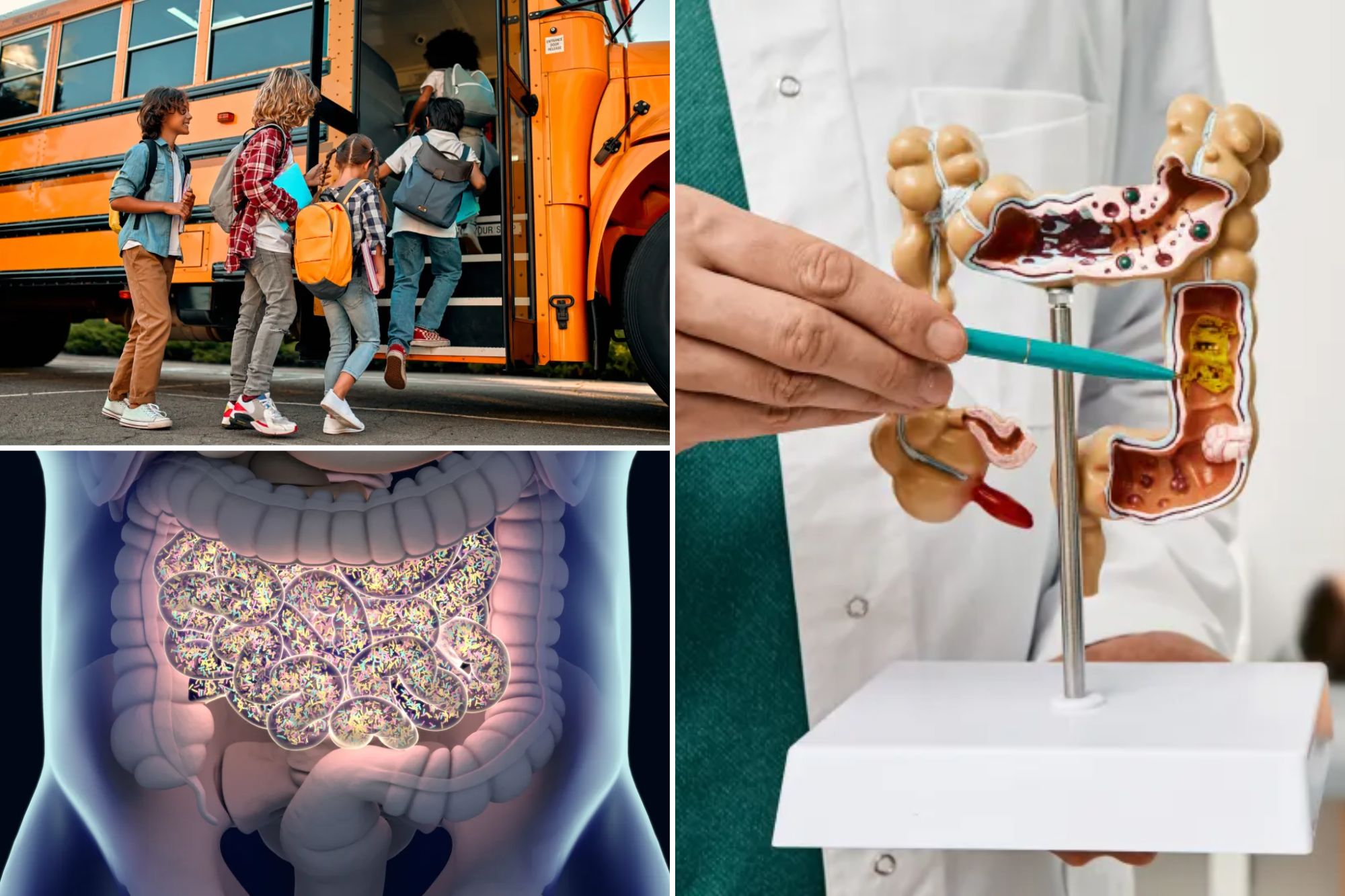
A new essential study suggests that a bacteria that dwells in the gut may be after the last increase in early early colorectal cancer cases.
Possible culprit? Colibactin, a toxin produced by certain strains of e. coli that blooms in the colon and rectum.
“We believe this exposure happens very early in life – probably during the first decade – when children become infected,” told Dr. Ludmil Alexandrov, senior study author and professor at the University of California San Diego.
An alarming increase
Once it is thought of as a disease that strikes later in life, colorectal cancer is now growing among young people in at least 27 countries.
In the US, the number of people under 55 who have been diagnosed almost doubled over the past decade, and more people are dying of the disease every year, according to the American Cancer Association.
“So far, previous studies had not been able to identify a clear cause or even distinguish early onset cases from those later diagnosed in life,” Alexandrov said. “Our study helps change this.”
An error with a bite
In the study, Alexandrov and his colleagues examined cancer genomes from patients with early and late colorectal cancer in 11 countries.
The team found that this bacterium, colibactin, leaves behind a special DNA fingerprint in colon cells when children are exposed to it. These mutations were 3.3 times more common in cases of early onset than in those diagnosed after the age of 70 years.
The degree of impact of colibactin on our study was striking, and stands as the first identified factor identified with the elevation of the colorectal cancer of the early beginning.
Dr. Ludmil Alexandrov
Colibactin -related mutations appear in the early stages of tumor development, they found, often within the first 10 years of life.
“While the infection is temporary, the damage it causes can continue for decades,” Alexandrov said.
Even more alarming: The study found that about 15% of APC driver mutations – some of the earliest genetic changes that directly promote cancer development – were linked to colibactin.
“If one wins one of these driver mutations by the time they are 10 years old, they may be decades ahead of the deadline for the development of colorectal cancer, taking it at the age of 40 instead of 60,” Alexandrov said.
Is this the only reason that colorectal cancer is increasing?
The jury is still out if colibactin is the main impetus after raising cases of early start -up colorectal cancer, or just a factor between many.
“Colibactin is likely to play a key role in running early colorectal cancer, although other factors are diet, inflammation and genetics-are also possible contributors,” Alexandrov said.
“Still, the degree of impact of colibactin on our study was striking, and stands as the first identified factor identified with the rise of early early colorectal cancer,” he added.
How are children exposed to this bacteria?
Alexandrov explained that exposure to colibactin occurs “through colonization by E. coli – usually through the intestines, and often without any obvious symptoms”.
Moreover, the study discovered various mutational models in colorectal cancers from countries such as Argentina, Brazil, Colombia, Russia and Thailand, suggesting that local environmental exposures can affect the risk of cancer.
“Posible possible for different countries to have different unknown causes,” said Marcos Díaz-Gay, study of the first author and a former post-documentary researcher at Alexandrov’s lab.
“This can open up the potential for target specific prevention strategies of the region,” he added.
What does this discovery mean to catch cancer in the future
The study sets the phase for two main research areas.
First, Alexandrov wants to develop a test that can detect colibactin -induced mutations in order to identify people exposed in childhood who may be at an increased risk for early early start colorectal cancer.
“This can enable regular monitoring and early detection, improving their clinical results,” he said. “Hopefully we have a work version of this test within two to three years.”
Second, Alexandrov and his team are exploring ways to prevent exposure to early life.
“While the exact causes are still unclear, potential factors include the way they are born, breastfeeding, antibiotic use, and the consumption of processed ultra foods,” he said.
“We are also investigating if the target probiotics can help prevent colonization from colibactin that produce.”
Both research efforts will take time, but Alexandrov is hopeful that they will make significant progress and develop more practical access within the next five years.
His latest message: “What happens in early childhood can have lasting effects on our health many decades later.”
“In this study, we show how a bacterial infection of childhood can increase the risk of developing colorectal cancer as a young young man. But this can only be one example,” Alexandrov said.
“It is most likely that other exposures in the environment of early life or infections can similarly leave long -term biological traces with significant impacts on long -term health.”
#Progress #early #early #intestine #cancer #scientists #find
Image Source : nypost.com